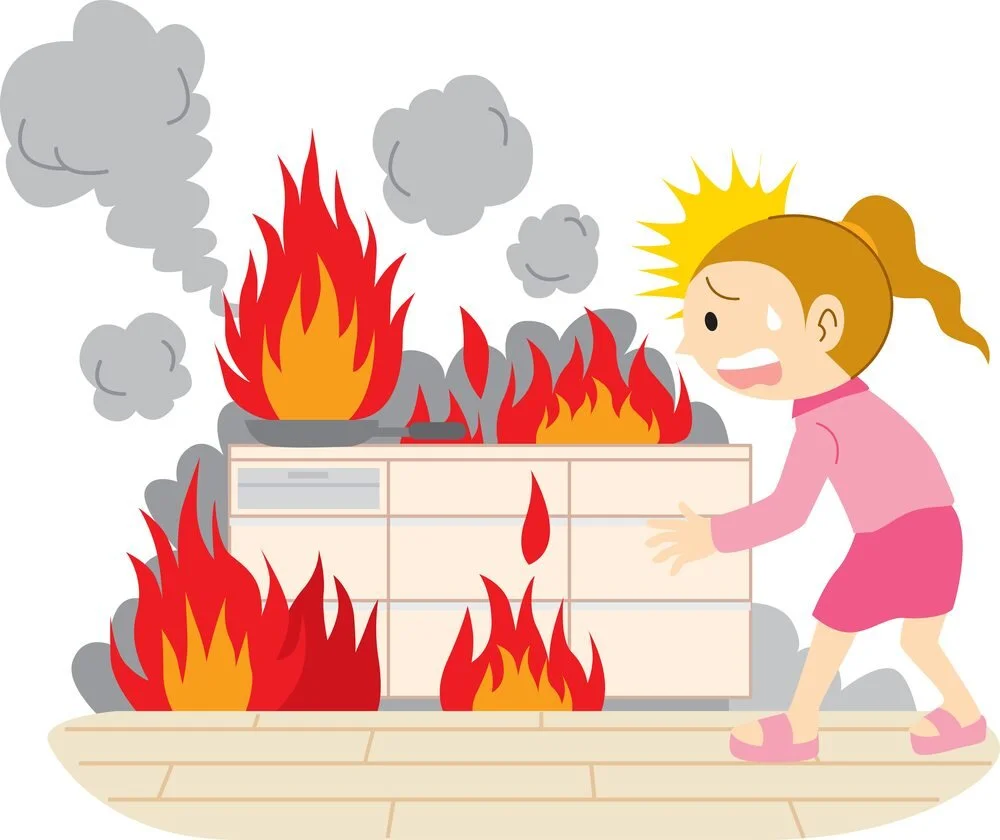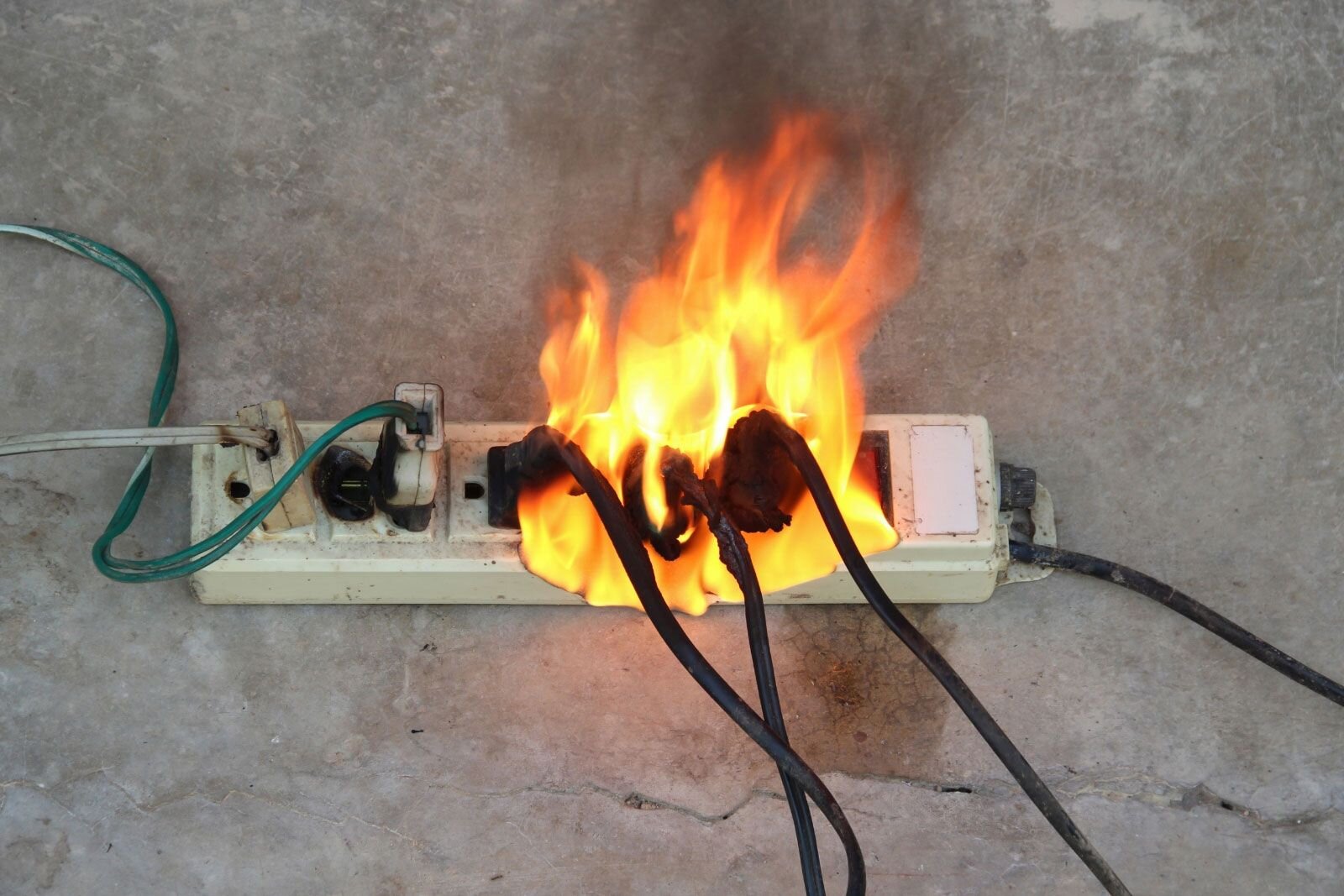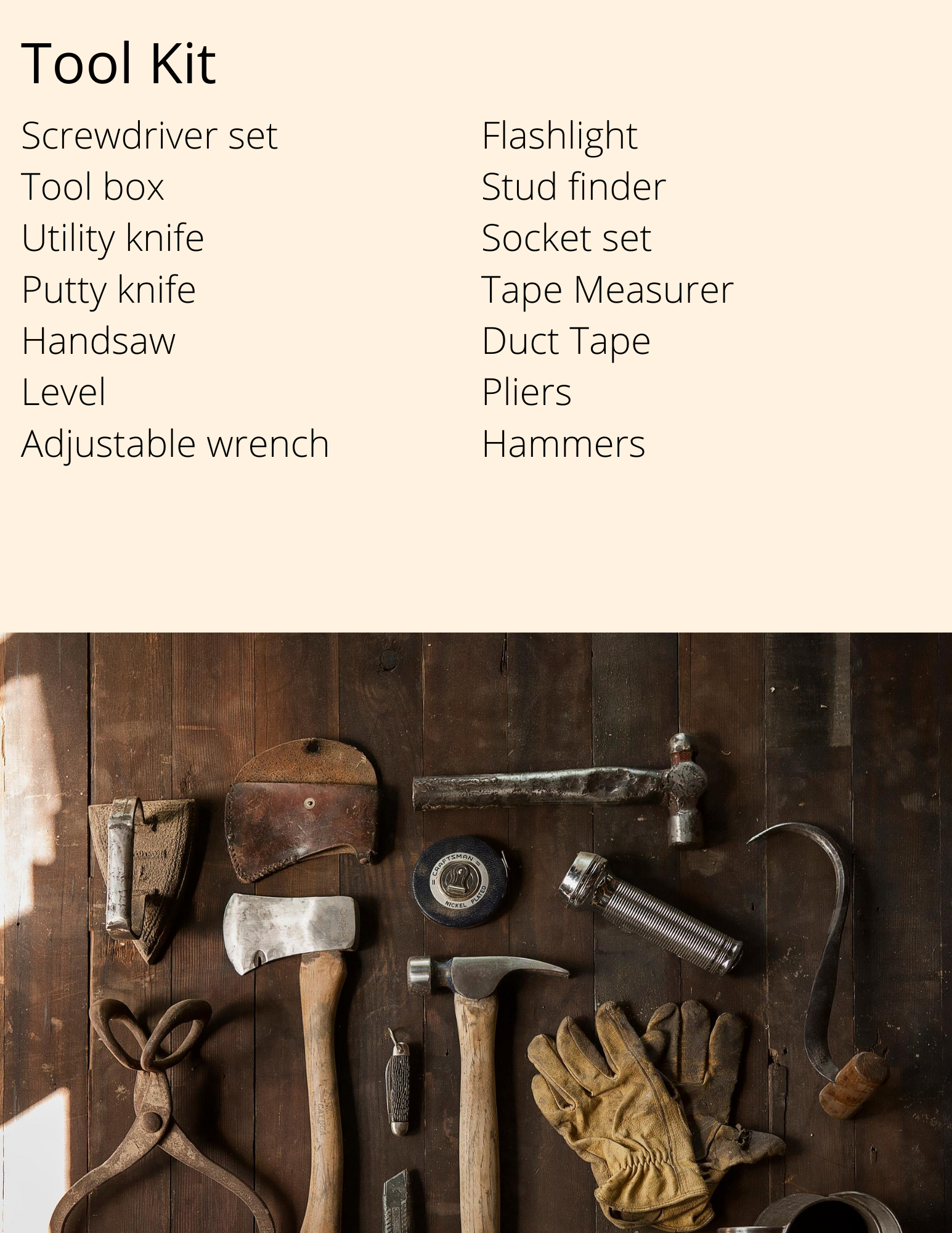Or How to Stay Warm Even When The Power is Out
In the wake of the massive power outages across 10 states, we’re having to look at things we don’t normally. “How do you keep warm” is not a question Texans typically have to deal with. While we can hope that it won’t be necessary, we also believe that it’s better to be safe than sorry. That’s why we’re tackling 5 things you can do to prep your home for another deep freeze and how to stay warm during one.
Seal window and door leaks
Start off by going around your home and examining every door and window closely. Look at the seals closely. Keep a running list as you go, splitting them into two different categories. One list is for where the seals just need touching up. The second is for if the window or door needs replacement rather than repair. The first is if there are gaps or tears in the caulking or weather-stripping. If the caulk is dried or flaking, or if the weather-stripping is in poor condition, you can fix that. If however the wood around the window is rotted or allowing moisture in, that’s when you need to replace it. The upside to this is that the tighter a seal is on your doors and windows, less air is going to leak in that way.
Another good idea during winter is to swap out your curtains. Try swapping them out for something heavier, or for blackout curtains. When the weather is nice, you can pull them back to let light in. At night, or when it’s particularly cold out, you can close them to keep more of the heat inside.
Get a Generator
This one we advise doing, but not until spring, or fall. Reason being is that during the height of winter and summer is when most people think to get them, and that is when prices will be at their highest. So, if you can, wait until then to get one and keep it in reserve. You can buy a small battery pack one, to just power a heater and your handheld devices. However, we suggest also buying one that’s large enough to also power your refrigerator and a portable heater. You don’t want to buy one after the power is already out, when you’re working by flashlight and might skip a step or miss something. It’s all too easy for mistakes to be made and people do die due to carbon monoxide poisoning related to generators.
What if though you haven’t had the time to prep as so many of us didn’t prior to Winter Storm Uri? The power’s out and you’re looking for answers now.
Stay in a southern facing room
Start by relocating. Figure out which room of your home faces south. That’s going to be the room that gets the most sun during the day, even if the sun isn’t out too much. Something is better than nothing. Drag everything you’ll need into this room. Mattresses, blankets, pillows, entertainment, bring all of that here. From now until you get power back, this is your base camp. If you have multiple people in your home, and the room is tiny, you can spread out to a second room, but we advise keeping everyone in one room if you can.
Use a fireplace or another heat source
The exception to the above is if you have a room with a fireplace or a portable propane heater. Make sure that you use one which is rated specifically for indoor use and that you’re following all safety instructions. You’ll also want to ensure that you have functioning carbon monoxide sensors on all floors of the home.
Camp out indoors
If you have a tent and sleeping bags? Set them up inside the room you’re staying in. It might sound strange, but they are meant to keep heat in and will be especially useful at night when the temperatures drop even lower. For clothing, you might be tempted to bundle on the thickest clothes you have, don’t. Instead, opt for multiple thin layers with a thick sweater on top. You want to be warm enough to be comfortable, but not enough to sweat.
Some Don’ts
Don’t keep your oven running 24/7. Not only is it not meant to do that, but it can produce heat unevenly causing damage to the unit over time, or produce carbon monoxide.
Don’t run a generator inside your home, unless it is meant for that. They do produce carbon monoxide which again, we want to avoid.
Keep a generator at least 20 feet from your home while it’s running.
While we hope you won’t need these tips, we do also hope that you found them helpful. Let us know in the comments or over on our Facebook.
If on the other hand you found this page because one of your appliances is busted, we can still help! Whether you’re needing a refrigerator fixed, or your ice maker descaled, we can help. Appliance Rescue Service aims to be the best in Addison and the surrounding areas, and that means taking the best care of you, our clients.
You can call us at (214) 599-0055 or make an appointment on our website. We’re here to keep your home running smoothly.
















